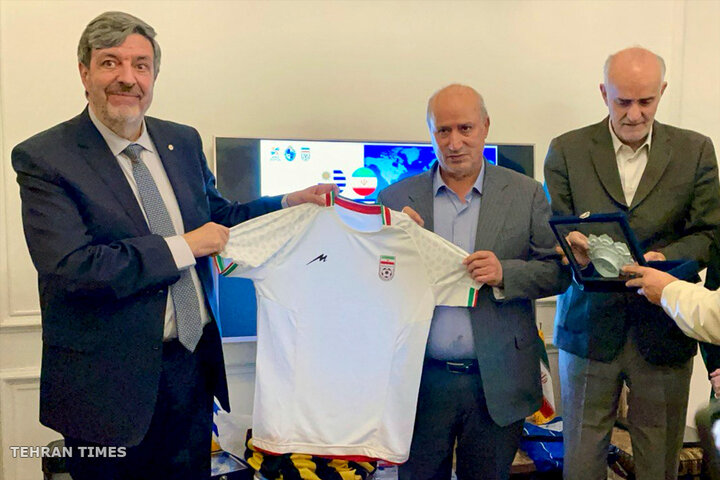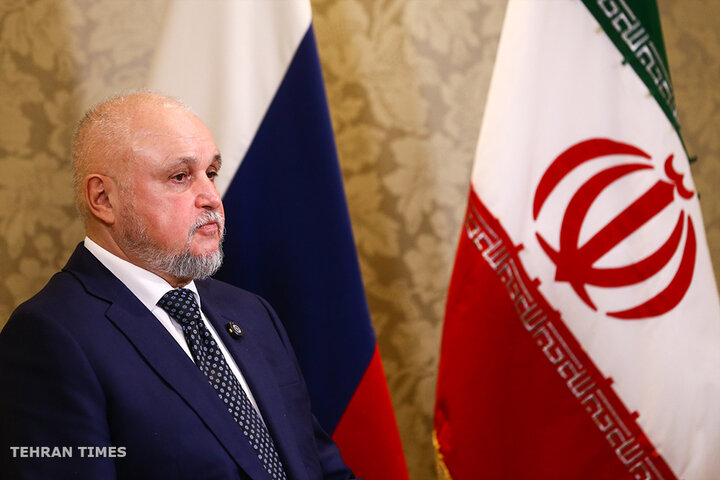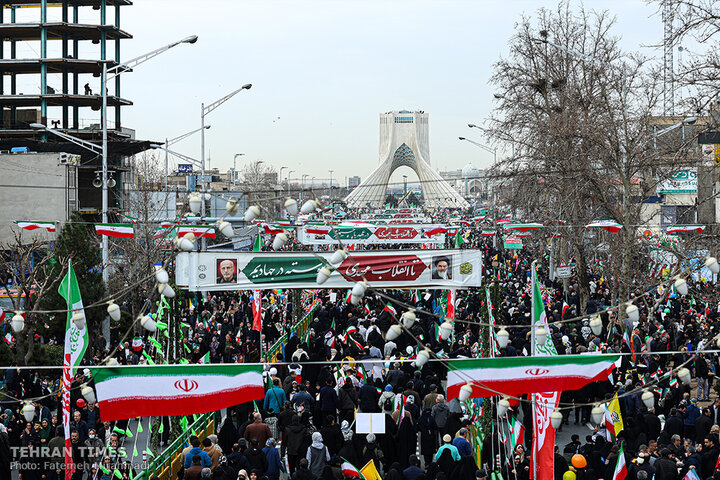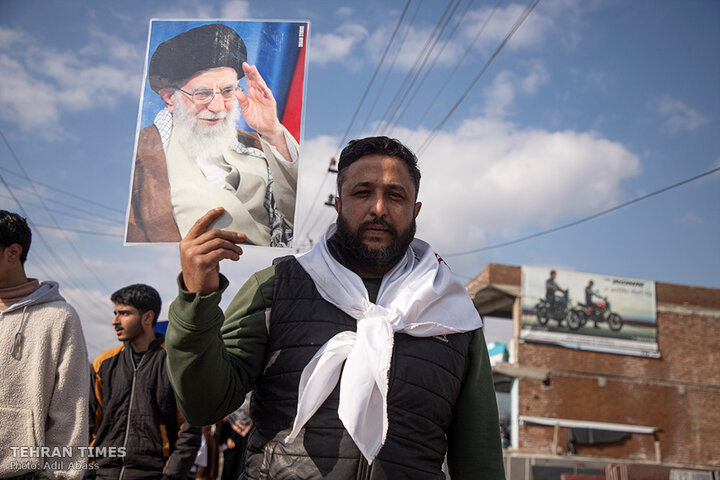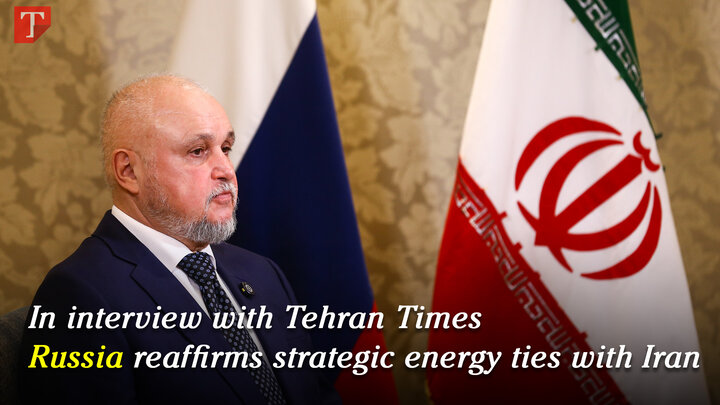-
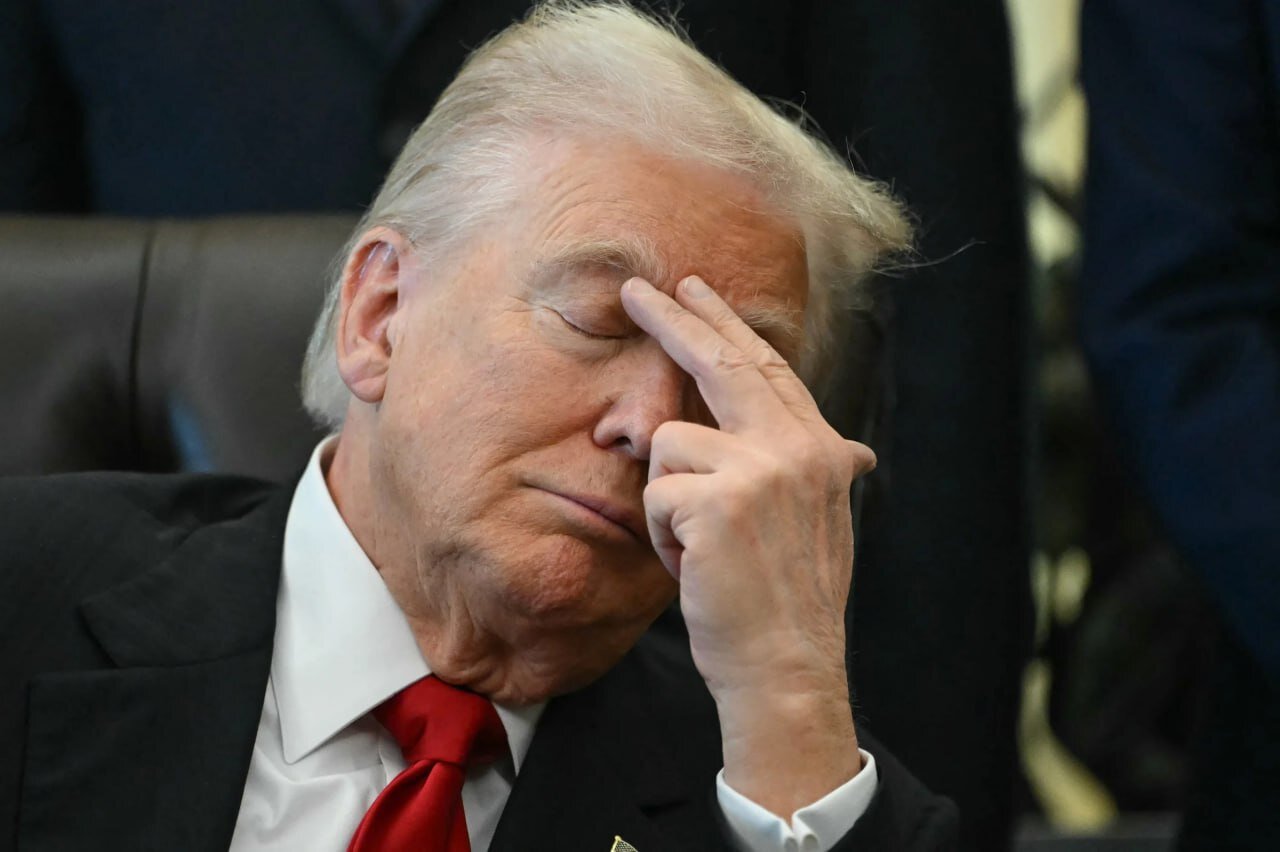 2026-02-22 21:54
2026-02-22 21:54
By Saleh Abidi Maleki
Eight presidents, one failed playbook
A history lesson for Trump on why Iranians have not 'capitulated'
TEHRAN – In a recent interview with American media, Iran's Foreign Minister Abbas Araghchi offered President Trump some straightforward advice. He noted that previous American administrations have tried everything against Iran—sanctions, assassinations, and pressure—and that none of it worked. If Trump wants a deal, Araghchi said, he needs to engage with Iran differently.
-
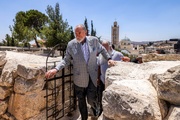
Words vs. action: The Arab-Islamic response to Huckabee's provocation
TEHRAN – Mike Huckabee, the U.S. ambassador to Israel, ignited a storm of criticism across the Middle East when he suggested it would be “fine” if Israel expanded to control the land between the Nile and the Euphrates. The swift and unified backlash from Arab and Islamic governments underscores not only regional anxieties but also growing suspicion of Washington’s support for Israel’s maximalist ambitions.
-
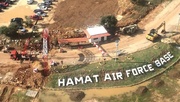
By Sondoss Al Asaad
Hamat Air Base: A critical test of Lebanese sovereignty
SOUTH LEBANON — The growing controversy surrounding Hamat Air Base has ignited urgent questions about sovereignty, transparency, and Lebanon’s potential entanglement in a broader regional war.
-
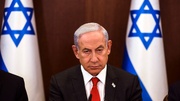
By Wesam Bahrani
Israeli leadership: The cycle of corruption that drives aggression
TEHRAN – Power under pressure often reveals its survival instincts. In the Israeli regime’s case, political crisis and regional violence have become increasingly intertwined.
-

Tehran warns a new US war against Iran would ‘disintegrate global order’
TEHRAN — Any American military confrontation with Iran would not remain confined to its borders but would trigger "an inevitable path toward the disintegration of the global order," Al Mayadeen reported on Saturday, citing an alleged Iranian source close to decision-making circles in Tehran.
-
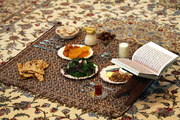
By Maryam Tavassoli
Ramadan unites Muslims worldwide with unique traditions
TEHRAN – Ramadan is a month that unites Muslims from all over the world by observing religious rituals with unique traditions that may be different but have the same purposes.
Politics
-
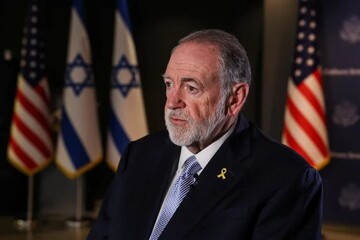
Huckabee’s position on Israel’s territorial expansion resembles ISIS’s caliphate ideology
TEHRAN - The Iranian Foreign Ministry has castigated remarks by U.S. Ambassador to Israel Mike Huckabee that “it would be fine” if Israel captures the lands from the Nile to the Euphrates, saying this is a strong indication that the United States is complicit in Israel’s capture of Arab lands and its genocidal war on the native inhabitants of Palestine.
-
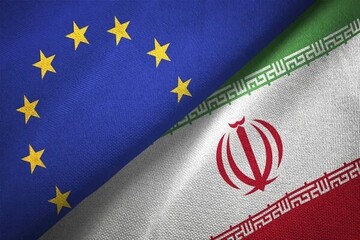
Iran reciprocally names EU’s naval and air forces terrorist organizations
TEHRAN – The Iranian Ministry of Foreign Affairs issued a declaration on Sunday designating the naval and air forces of all European Union (EU) member states as terrorist organizations in response to the EU’s illegal move to put the Islamic Revolution Guard Corps (IRGC) as a terrorist organization.
-
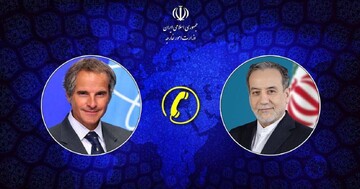
Araghchi reaffirms Iran’s inalienable nuclear rights in call with IAEA chief
TEHRAN – Foreign Minister Abbas Araghchi has once again asserted Iran’s unwavering commitment to its sovereign nuclear rights, making it clear that Tehran will not be intimidated by U.S. bullying.
Sports
-

Iran ready for 2026 AFC Women’s Asian Cup: Jafari
TEHRAN – Marzieh Jafari, head coach of Iran’s women’s national football team, says Team Melli Banovan are well prepared for the 2026 AFC Women’s Asian Cup, which will be held in Australia.
-

Persepolis extend Osmar Vieira deal
TEHRAN – Persepolis football club have extended the contract of head coach Osmar Loss despite criticism of the team’s recent performances.
-

Esteghlal beat Mes to move top of 2025/26 PGPL
TEHRAN - Esteghlal football team edged past rock-bottom Mes 1-0 in Rafsanjan Sunday night to move top of the 2025/26 Iran’s Persian Gulf Professional League (PGPL).
Culture
-
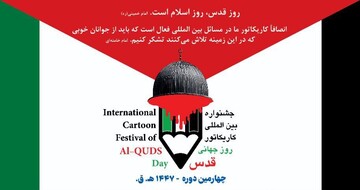
Artists invited to contribute to intl. cartoon festival highlighting World Quds Day
TEHRAN- The call for the fourth edition of the International Cartoon Festival of Al-Quds Day has been announced.
-
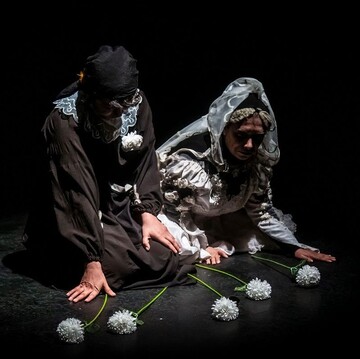
Garcia Lorca’s “The House of Bernarda Alba” on stage at Neauphle-le-Chateau Theater
TEHRAN – An adaptation of Federico Garcia Lorca’s 1936 play “The House of Bernarda Alba” is on stage at the Neauphle-le-Chateau Theater in Tehran.
-

Persian translation of John Grisham’s “Camino Ghosts” hits bookstores
TEHRAN – The Persian translation of the novel “Camino Ghosts” written by John Grisham has been released in the Iranian bookstores.
Economy
-
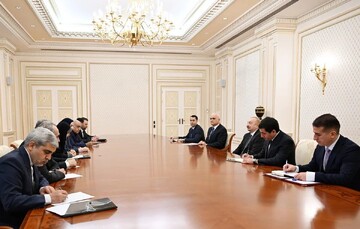
Iran–Azerbaijan joint Economic Committee meeting opens in Baku
TEHRAN – The seventeenth meeting of the Iran–Azerbaijan Joint Economic Committee opened in Baku on Monday, focusing on transport links, border infrastructure and broader economic and cultural ties.
-
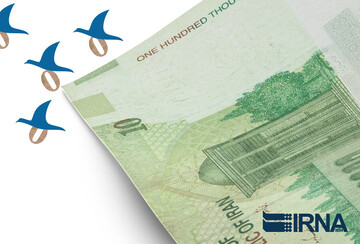
CBI board approves draft bylaw for redenomination plan
TEHRAN – The High Council of the Central Bank of Iran (CBI) has approved a draft executive bylaw for implementing the law to remove four zeros from the national currency, the bank said.
-
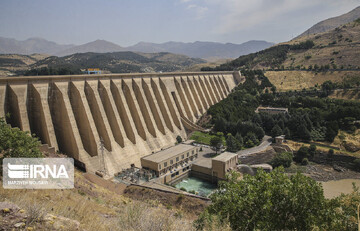
Major dams 41% full as Iran enters final month of winter
TEHRAN – Iran’s major dams have entered the final month of winter at just 41 percent of capacity, with 59 percent of their storage remaining empty amid a prolonged five-year drought.
Society
-

Ramadan: A time for health. A time for giving
TEHRAN - During the holy month of Ramadan, Muslims fast daily from dawn until sunset, refraining from eating, drinking, smoking, and vaping. It is also a time of communal prayers, family gatherings, and the sharing of meals, which brings spiritual and social benefits but can also present unique health considerations.
-
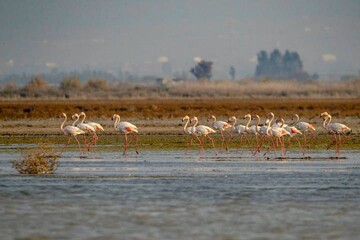
Iran to host Ramsar Convention Regional Center for three more years
TEHRAN – The Ramsar Convention Secretariat has extended Iran’s certificate to host its regional center for the next three years, an official with the DOE has said.
-
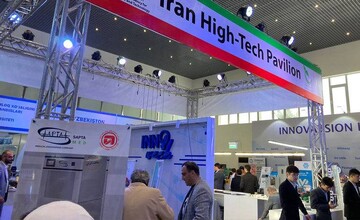
Iranian delegation to attend Saudi Arabia’s Leap Exhibit 2026
TEHRAN – Knowledge-based companies will participate in the fifth edition of LEAP Exhibit, scheduled for April 13 to 16 at Riyadh Exhibition and Convention Center, Malham, Saudi Arabia.
Tourism
-
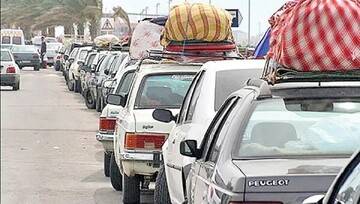
Nowruz travel monitoring teams, 24-hour complaint system, activated across Iran
TEHRAN – Iran’s tourism ministry has launched provincial monitoring teams and activated a 24-hour complaint mechanism ahead of the Nowruz 1405 travel season.
-
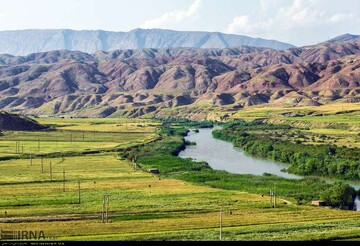
Seymareh Valley landscape seeks UNESCO tentative listing
TEHRAN – The cultural heritage chief of Ilam province said on Monday plans to submit a preliminary dossier for the natural and historical landscape of Seymareh Valley to the Ministry of Cultural Heritage, Tourism and Handicrafts for review and placement on the country’s tentative list for UNESCO World Heritage status.
-
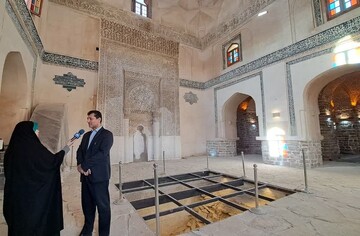
Urmia mosque restoration nears completion ahead of UNESCO evaluation
TEHRAN – Restoration and preparation work on the Jameh Mosque of Urmia is in its final stages as the site is being readied for evaluation for possible inscription on the UNESCO World Heritage list, a provincial official said on Tuesday.
International
-

Words vs. action: The Arab-Islamic response to Huckabee's provocation
TEHRAN – Mike Huckabee, the U.S. ambassador to Israel, ignited a storm of criticism across the Middle East when he suggested it would be “fine” if Israel expanded to control the land between the Nile and the Euphrates. The swift and unified backlash from Arab and Islamic governments underscores not only regional anxieties but also growing suspicion of Washington’s support for Israel’s maximalist ambitions.
-

Hamat Air Base: A critical test of Lebanese sovereignty
SOUTH LEBANON — The growing controversy surrounding Hamat Air Base has ignited urgent questions about sovereignty, transparency, and Lebanon’s potential entanglement in a broader regional war.
-

Israeli leadership: The cycle of corruption that drives aggression
TEHRAN – Power under pressure often reveals its survival instincts. In the Israeli regime’s case, political crisis and regional violence have become increasingly intertwined.
Most Viewed
-
Trump risking US lives and economy to fight a war for Israel
-
Eight presidents, one failed playbook
-
Iran’s warships become mobile air defense hubs with new missiles
-
The Western idea that change can be imposed from outside the Islamic Republic of Iran is an illusion
-
Iran sends Dena destroyer to MILAN-2026 exercise in the Indian Ocean
-
Behind Huckabee’s remarks: The U.S. role in advancing the ‘Greater Israel’ vision
-
Iran and Egypt to promote diplomatic ties to level of ambassador
-
Tehran warns a new US war against Iran would ‘disintegrate global order’
-
Iranian fighter jet crashes, pilot killed
-
Iran FM asks for evidence as West repeats casualty lies to justify future aggression
-
Words vs. action: The Arab-Islamic response to Huckabee's provocation
-
MBS confronts UAE’s ‘spy sheikh’ in detailed letter on Sudan and Yemen
-
Here’s how Iran sees the US
-
Hamat Air Base: A critical test of Lebanese sovereignty
-
Sanctions forge new path: Iran, Russia pivot to strategic energy alliance





